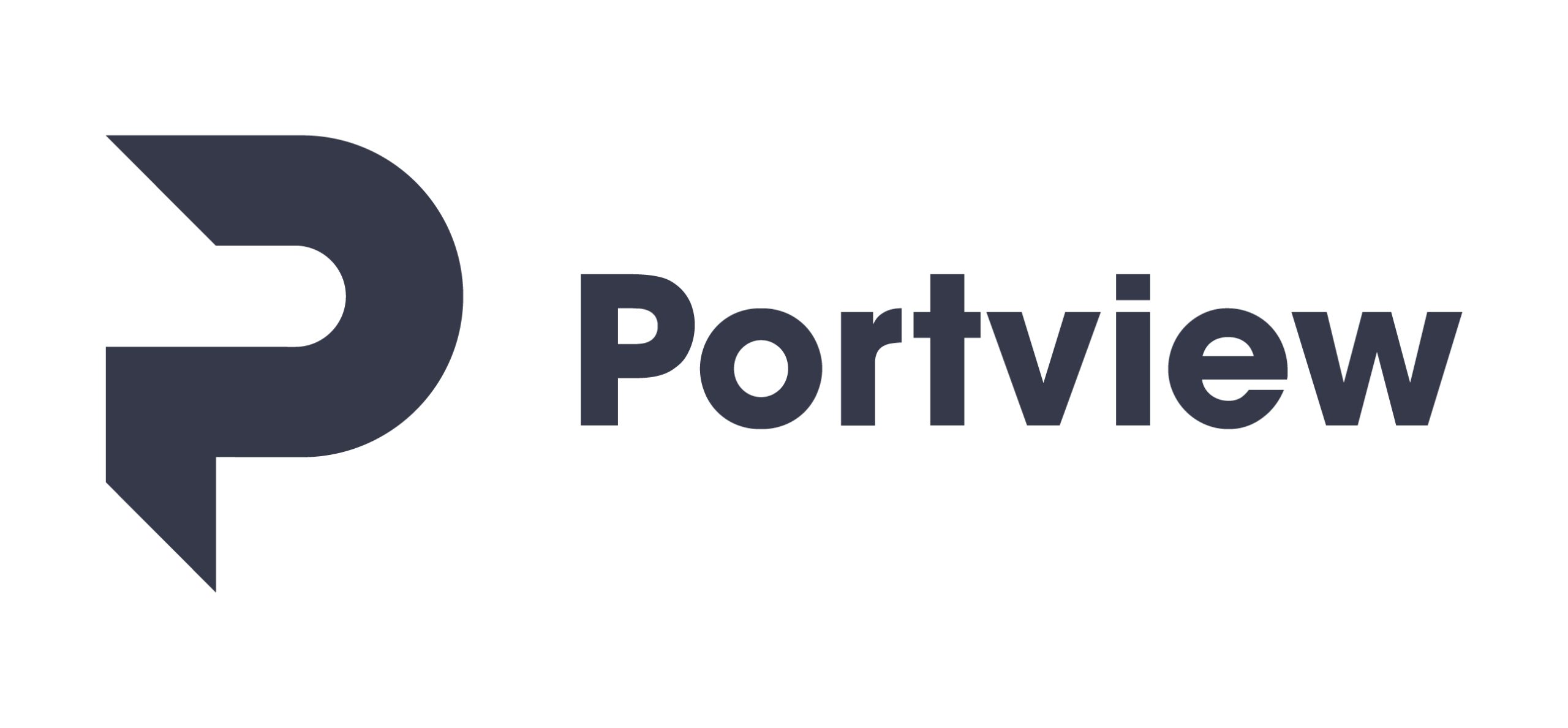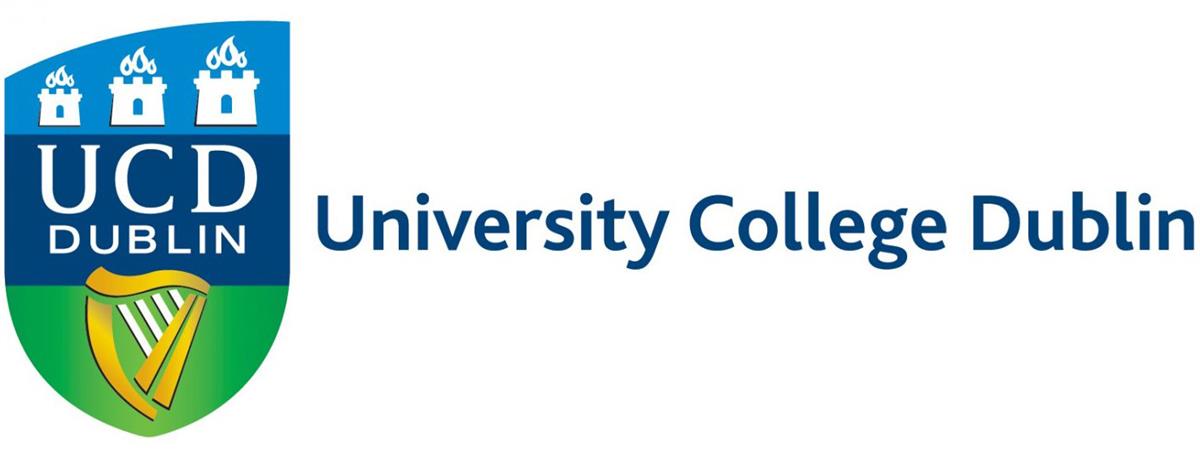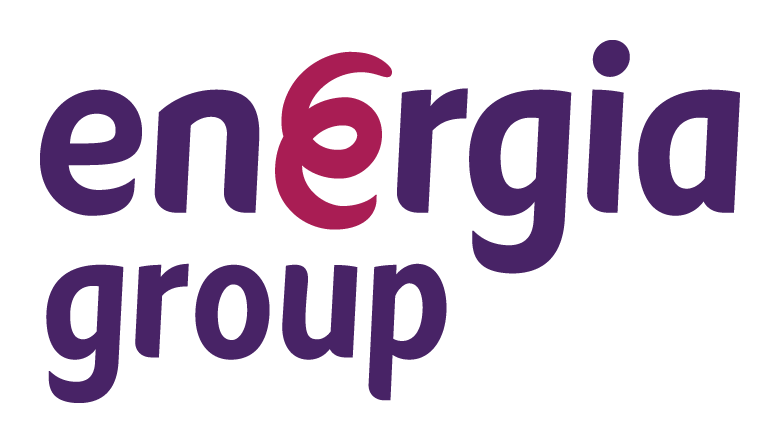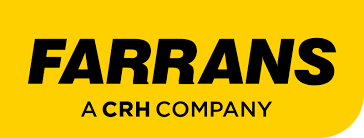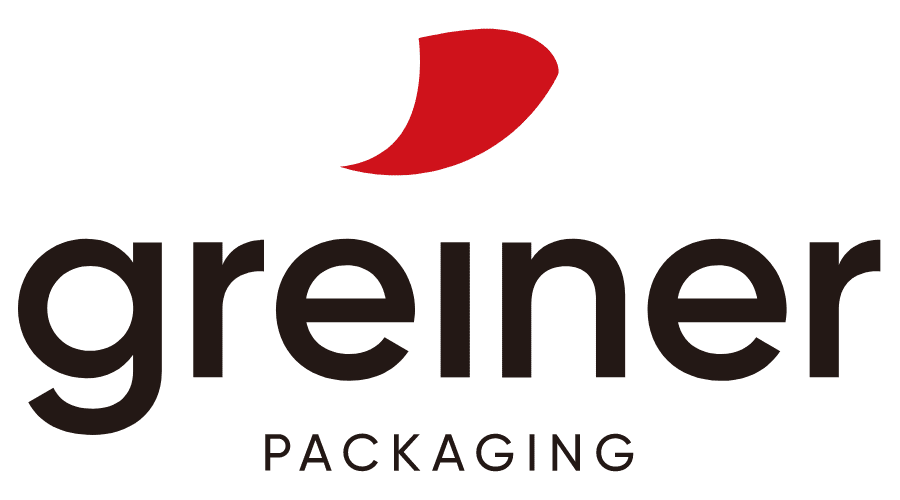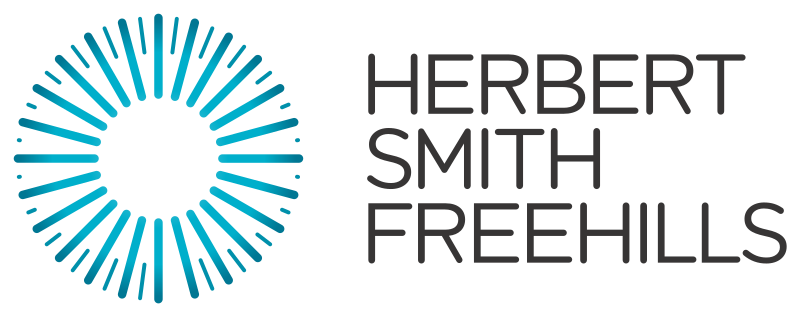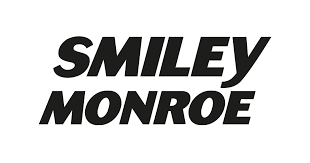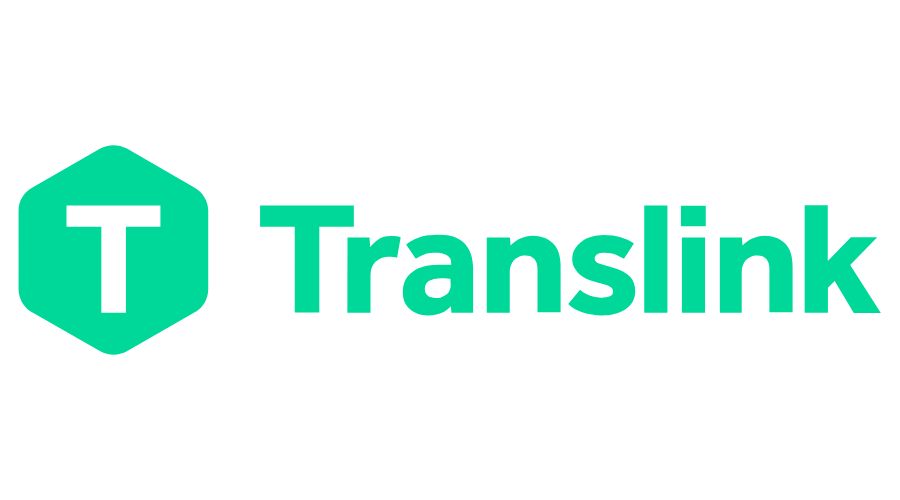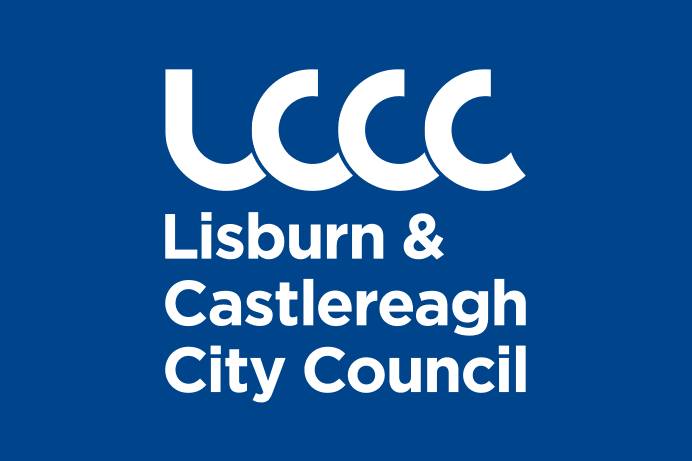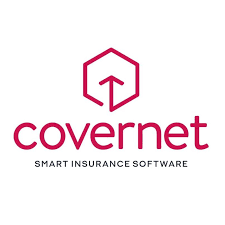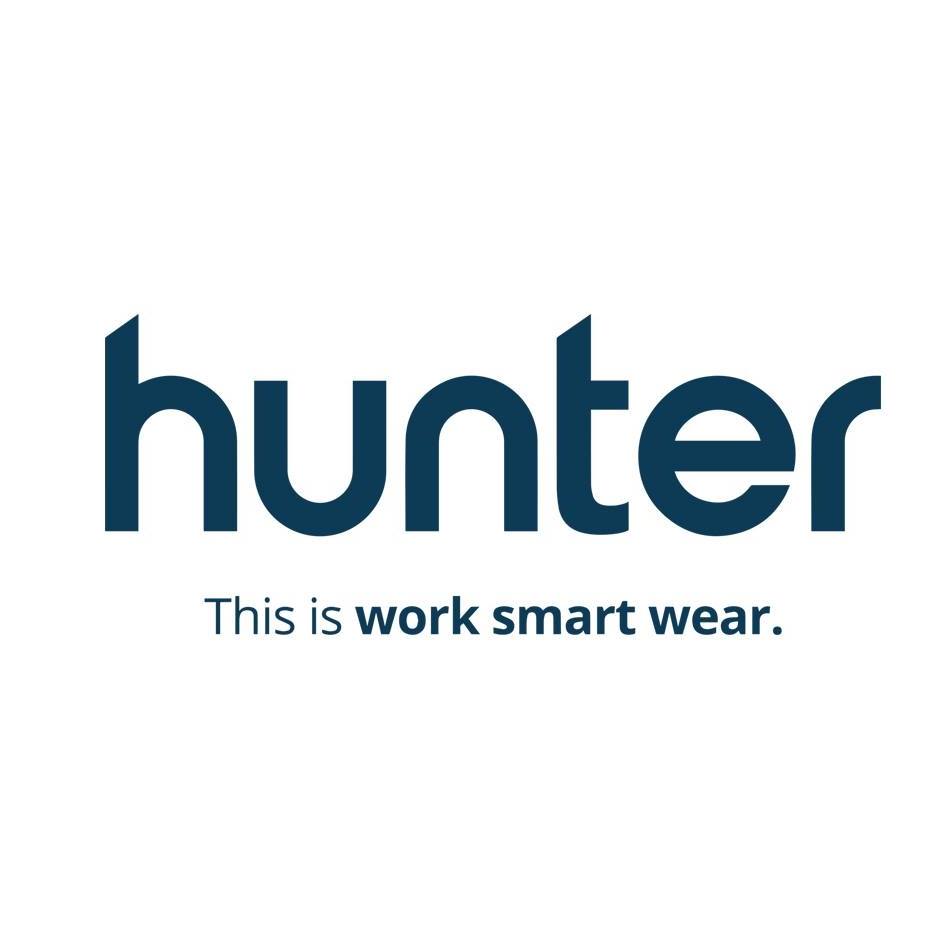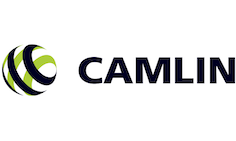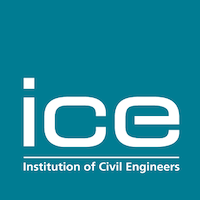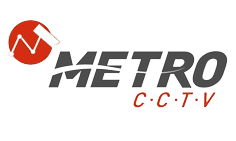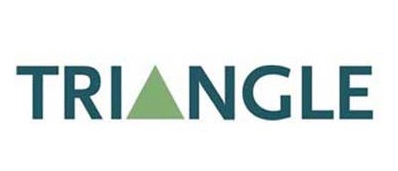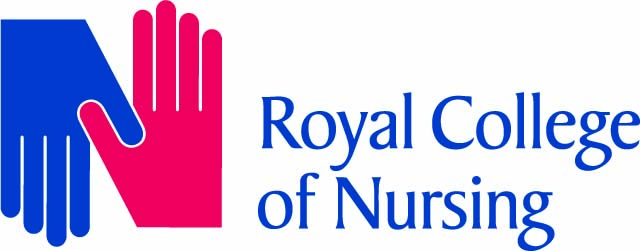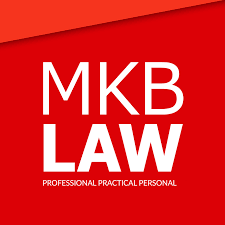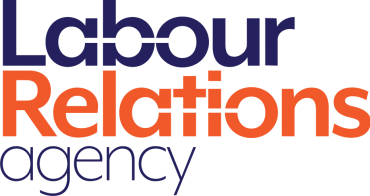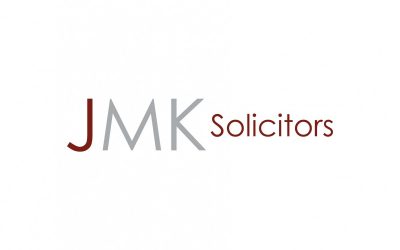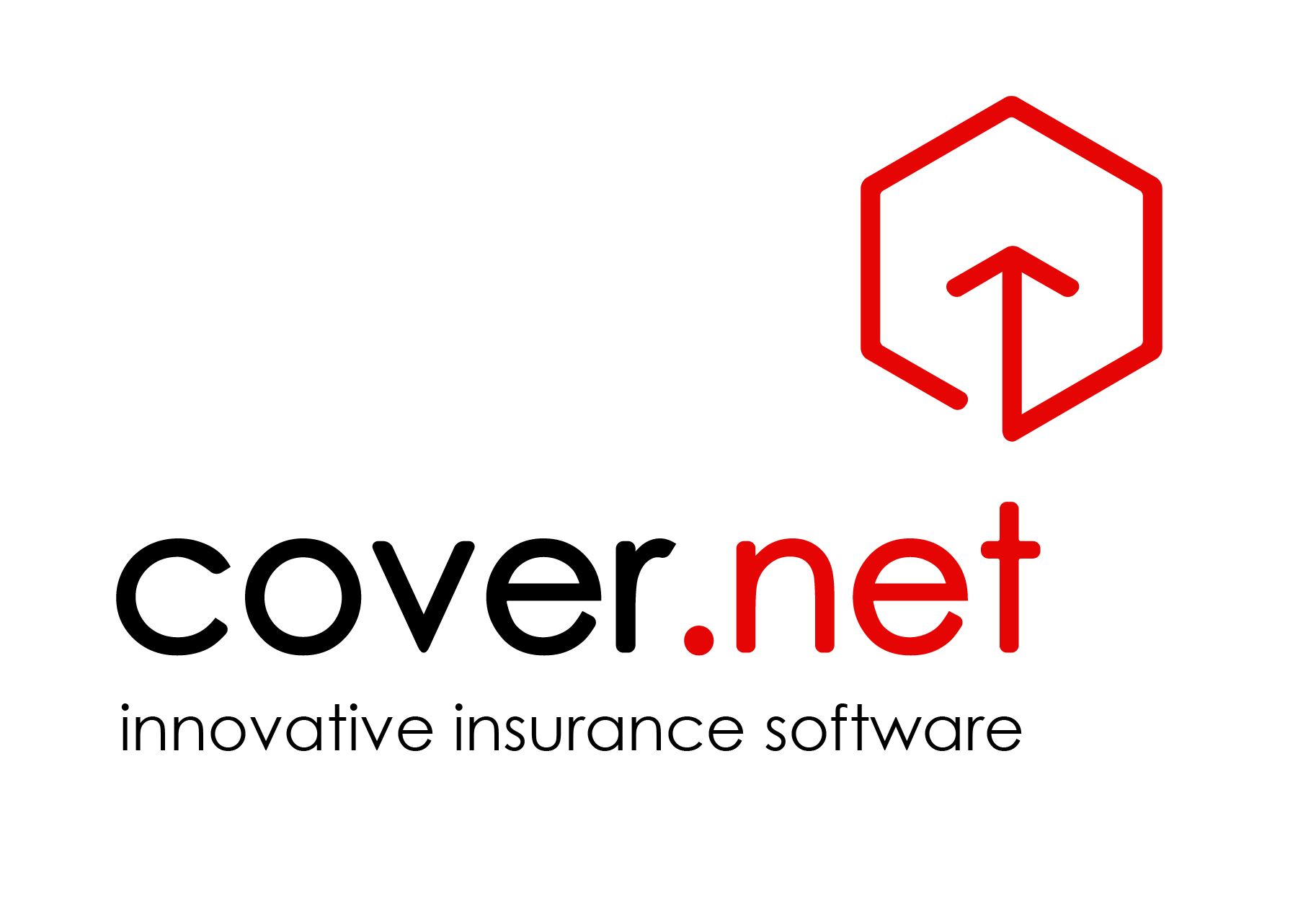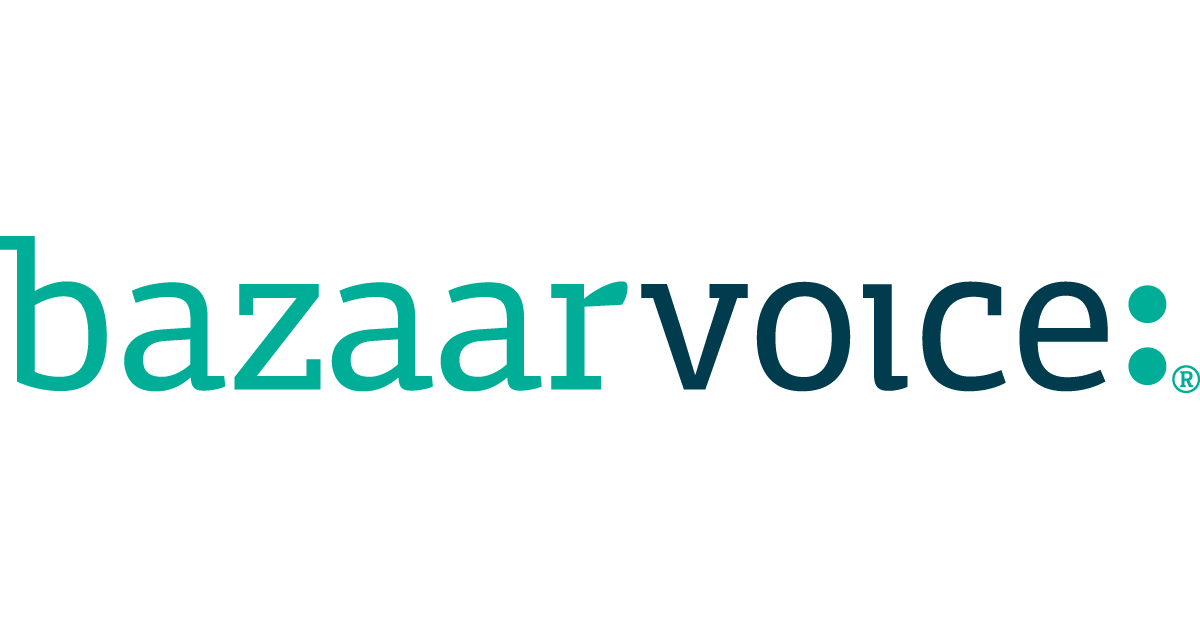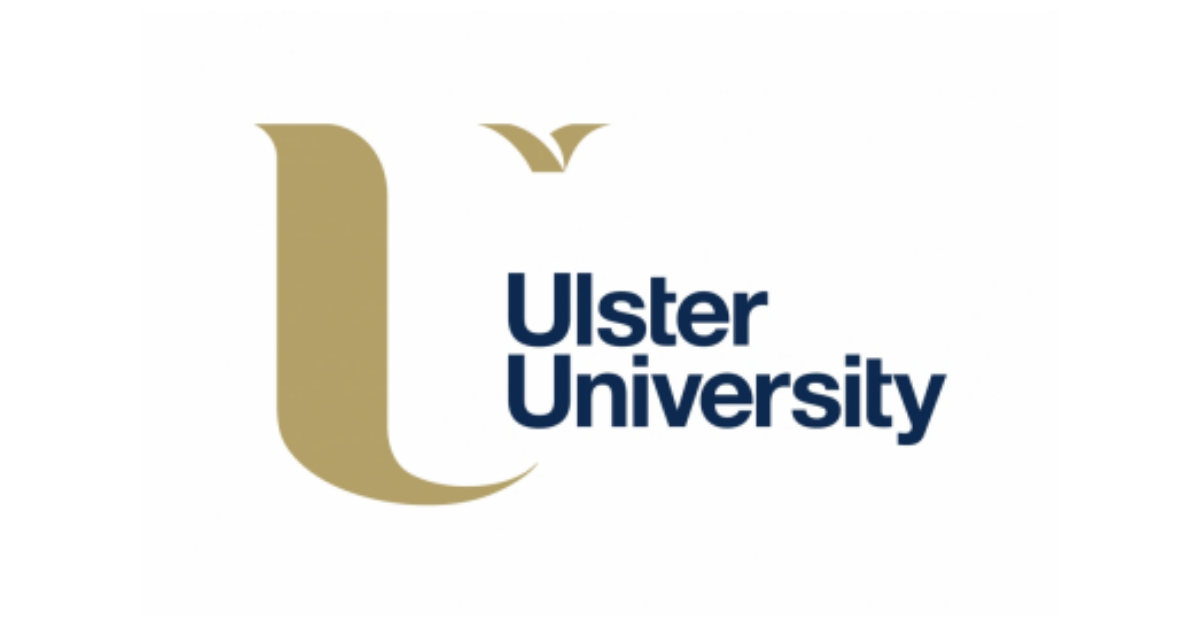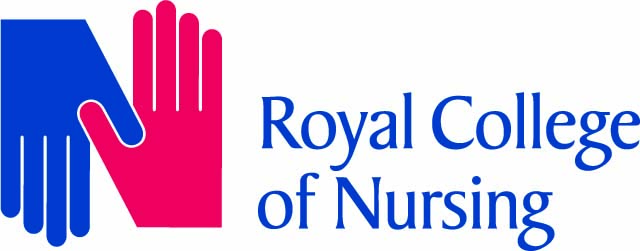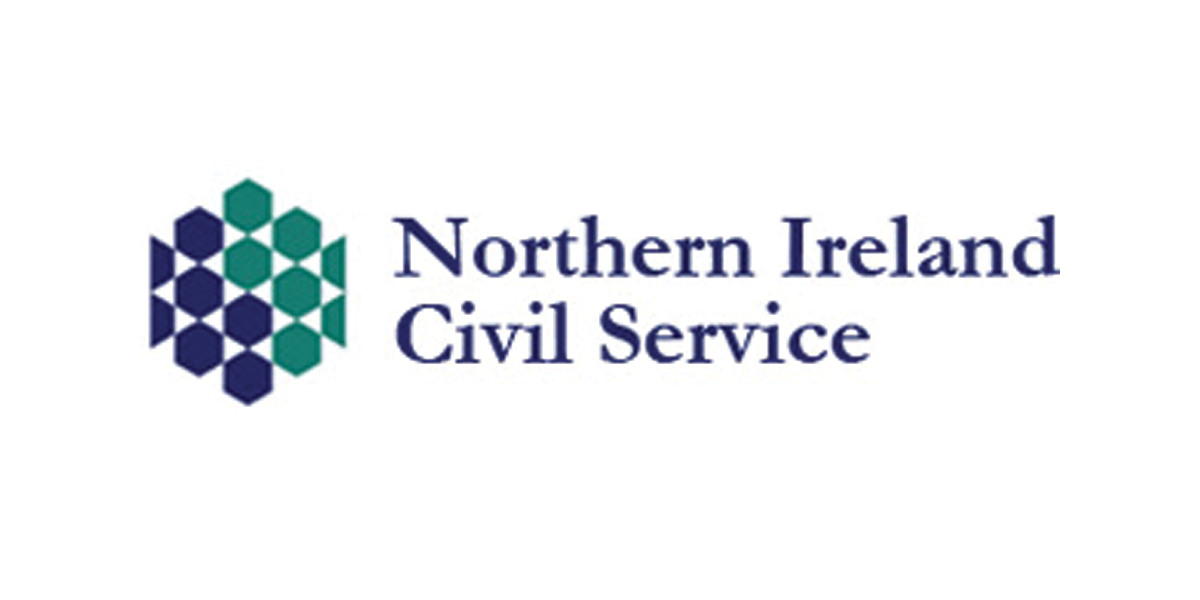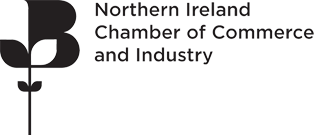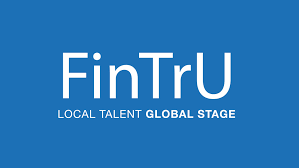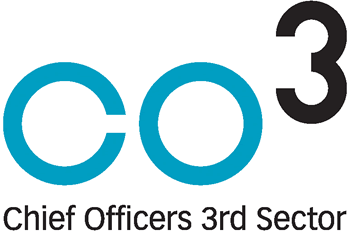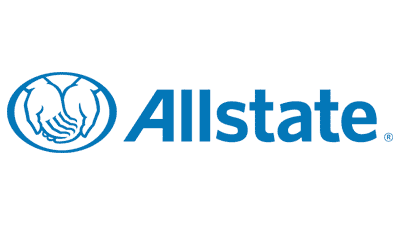Prepare for your podcast appearance
If that invitation to appear on a podcast has arrived in your inbox, what do you do next? In the world of marketing, the podcast has exploded in popularity. A great podcast is a brilliant way to amplify your business message. So obviously the answer to the invitation is ‘yes’. But then what? Like many people, you might find yourself wondering how to prepare for your podcast appearance.
What better way to prepare for your podcast appearance than to hear directly from a podcast host – or three? In the video below, you’ll hear from three experienced podcast hosts. They’ll share their learnings on what makes a great podcast. A podcast is different to a broadcast media interview, so advice for podcast media training is different.
These are the people that sit behind the mic – and they see the stats afterwards. They see the impact of a powerful episode, and how that ends up being shared time and time again. Let them explain how you can prepare for your podcast appearance.
Sarah Travers
Sarah Travers is a former BBC news journalist and TV presenter, with a keen interest in stories and the people that shape them. Sarah is a familiar face to many in Northern Ireland, where she was a news anchor in the BBC newsroom for 17 years, covering high profile stories throughout the Northern Ireland peace process, and key events like the London 2012 Paralympics and BBC Children in Need.
Since setting up Bespoke Communications, Sarah has coached hundreds of people in media training, presentation skills and leadership development. Sarah will always be warm, engaging and encouraging in her training sessions, as she shares her wealth of news and media insider knowledge with you.
Sarah is regularly found behind the microphone of Northern Ireland’s most popular podcasts, including Thrive in the New World by Ulster Bank and several series of The Public Eye Podcast from Granite Exchange.
Eamonn O’Brien
Eamonn O’Brien is one of Europe’s leading authorities on strategic business storytelling and is the Founder of The Reluctant Speakers Club – where he has helped thousands of business leaders to speak with unprecedented clarity, persuasion and confidence.
He’s also the author of ‘How to make Powerful Speeches (which is now required reading in many US law schools)’, a Co-Founder of #GoDoVideo, a recent President of Professional Speaking Association Ireland, an award winning blogger and podcaster on ‘how to speak memorably’ and a regular guest lecturer at Trinity Business School in Dublin.
In addition, Eamonn is a frequent speaker at international marketing events in North America, the UK, France, Germany, The Netherlands, Belgium, Ireland and elsewhere. And as an experienced professional speaker, Eamonn is passionate in his belief that that everyone can learn to conquer fear with confidence and to speak memorably… and can do so in ways that are fun!
Amy Rowlinson
Amy Rowlinson is a leader in purpose and fulfilment. With a fascination for understanding WHY people do what they do in life, Amy is on a mission to help entrepreneurs become values-based, purpose-driven and people-centred. Amy helps people to launch (and relaunch) profitable and purposeful podcasts focused on increasing visibility, credibility and impact and which will inspire, entertain and educate a global audience. Amy’s second global podcast, Focus on WHY, is in the Top 1% of podcasts, has over 170 episodes and is downloaded in 85 countries.
How to be a great podcast guest Transcript
Camilla:
Welcome to today’s event on how to be a great podcast guest!
I set this session up because I worked with business owners and business leaders who are keen to build a profile for their business and in the world of marketing, the podcast has exploded in popularity and a great Podcast is a brilliant way for you to amplify your business message. But what is it that makes a podcast stand out from all of the other marketing channels that you have for your business? Well, firstly, there’s no better way to attract qualified clients for your business than by connecting with people who share your core values. On in a podcast of 30, 60, 90 minutes, you’ll have shared something of yourself and your own stories, so that what you stand for is abundantly clear to that podcast audience.
Secondly, just like a puppy isn’t just for Christmas, a podcast is forever. So, unlike live audio social media, like clubhouse or even the latest kid on the block Facebook live audio, your audience can find you days, weeks, months even, after your podcast has gone live because what’s said in a clubhouse room, stays in the clubhouse room. So, you only end up reaching the people who were there in the moment, unlike a podcast.
And thirdly, unlike a traditional media interview, the podcast where, sometimes on an immediate interview can feel like you’ve been turned over – the biggest comment that radio hosts hear is, “what do you mean it’s over already?” – a podcast gives you the space to elaborate and go deep on the topics that matter.
So, before I get started, I should make some housekeeping announcements. Today’s session is being recorded. If you don’t want to appear in the recording, all you need to do is stay silent. If you keep your camera off, mic on mute and stay off the chat, you’ll be just like the best of the Boy Scouts on the Girl Guides, you’ll end up leaving no trace. I am asking you to stay on mute for the duration of our session but the mute is not a muzzle. Please, please, please, I’ll be the one asking the questions until one o’clock today. Please, If you’ve got anything you’d like further elaboration on, pop your questions up on the chat and I will get to them. I’ll keep an eye on the chat, and I’ll make sure that I pose as many of your questions as possible to our hosts.
And look at one o’clock, our podcast hosts have agreed kindly agreed to stay on. So, for those of you that want to stick around, you’ll have the opportunity to hop off mute and to ask your questions then. So please do stick around.
So, look, with all that explained, really, what I would like to do is get on with the event.
So, if you’re like most of my clients, you’ll be wondering, how do I prepare for a podcast appearance? So, what better way to get your head in the game than to hear from three of the best? So, I’ve invited three experienced podcast hosts to share their learnings from what makes a great podcast.
These are the folks that sit behind the mic, so let me introduce you first of all to Amy Rawlinson.
Amy is a life purpose coach on Podcast Mentor. In fact, Amy, I consider you as a little bit of podcasting royalty because you have now reached the top 1% globally of podcasts hosts with your second podcast “Focus on Why”; and I should mention that, Amy, it was far from global superstardom that we first met. I have a feeling it was on a dusty community hall floor surrounded by wailing babies. Amy and I go back eighteen years to when our oldest children we’re just tiny babies, only weeks old and it’s hard to believe, Amy, that they have now turned eighteen and left school. So here we are, Amy, and you know, I’m a firm believer in that invisible red thread that connects people because our second podcast host actually came to us via Amy. I joined the Professional Speaking Association, Amy, as a result of an introduction that you made a number of years ago and it was through the professional speaking host that I actually met Eamonn O’Brien; and Eamonn is a master business storyteller, an award-winning blogger and podcaster on how to speak memorably. He has an infectious laugh and an uncanny ability to tell the perfect story, at the perfect moment. I have enjoyed Eamonn’s podcast, “The Reluctant Speaker’s Club” now for quite some time and this weekend I spent a little bit of time trying to tame the jungle that is my garden, so Eamonn you certainly made those few hours pass very memorably. Your podcast, Eamonn, it really is like dropping in on two great friends having a great conversation. Really have been enjoying that, especially over the course of the last weekend. And finally, last but not least, those of you who are Bespoke Communications clients on with us today need no introduction to Sarah Travers, my friend, business partner and work wife. Sarah, as a former BBC journalist, you’re used to media training when you prepare people for broadcast media interviews, often for news and current affairs programmes and, as a journalist, your job was to keep business and civic leaders accountable with the questions that you ask. Now, as podcast host, that’s a completely different scenario. Your audience is there for completely different reasons and so you’re asking very different questions.
So, look, I’d like to give each of you the opportunity to explain to everybody who’s on with us today, if you could briefly introduce your podcast format, who is the audience of your podcast and, in your opinion, what makes for a great guest? I’ll do it in reverse order, so, Sarah, I might start with you if you don’t mind answering that question for us.
Sarah:
Thank you so much, Camilla. Yes, well, my podcast I’m currently involved in is called the “The Public Eye Podcast” and I’m having a quick look through the participants here, to see if I can see the fabulous Jessica Phillips from “Granite Exchange” in Newry because she looks after me; I’m quite lucky; I have a producer for my podcasts. And, really, it’s a platform, if you like, for small, medium business owners to reach a market that they hadn’t perhaps engaged with before. So, unlike Eamonn, and perhaps Amy, my guests are not experienced performers at all. They’re brilliant at what they do; they’re brilliant at their jobs but it is about them being interviewed. It’s about them letting us in a little and seeing who this leader is behind their business. So, yeah, for me, I suppose, what I find with my guests is, they are often reluctant, like so many people, they want to be in control of the situation. So, we’re quite kind to our Public Eye Podcast guests and anybody that comes along would talk at length to Jessica, first of all and then we would send a sample of questions that are likely to come up. But I always say in the preamble at the start that you know, I will not stick rigidly to this and the first little nugget of advice that I would give you today is please don’t ask for the questions and think that we’re going to stick to them! It will free you up so much from all of those sleepless nights and worry before you go into that podcast studio, if you go… “okay, I’m a blank canvas…”. It’s lovely to have a few nuggets there of advice but I suppose we want you to be a little vulnerable because the power of vulnerability, as we know, makes the best Listen. So, it’s a little bit of being in control but freeing yourself from knowing exactly what you’re going to say. That’s what makes a good podcast.
Camilla:
Thanks, Sarah, great advice there, I think for anybody thinking about stepping into the world of podcasting as a guest, Amy, how would you answer that question?
Amy:
Well, I work with unfulfilled people and I helped them to avoid midlife crises and start midlife beginnings. So for me, focusing on why, which is the name of my podcast – “Focus on Why” – this made perfect sense because it’s a question that I ask all of my clients, “why do you do what you do and what is it about what you’re doing that you love doing, particularly?” So, the podcast brings on guests from all walks of life and I am very keen to promote people who are loving what they’re doing, that have made those bold midlife beginnings and are really empowering themselves through doing so. So, for me, I don’t need to have big names on the show. It was all about just people articulating their “Why”. And that’s where it started and that was 174 episodes ago, last April when I first started this podcast. So, I’ve been pretty prolific and I’m actually booked up until the end of the year in terms of getting more guests on the show. So, we have not been short of guests because a lot of people have been recommended to me.
So, what do I look for in a good guest? I look for somebody who is able to articulate their why and it doesn’t have to be in a case of – “this is my huge mission in the world” – it’s just an ability to understand why they’re doing what they’re doing because everyone’s purpose is so unique and it makes for great listening. So people who are going through midlife crises and thinking, “What is it I’m doing?” You’re having that sort of the whole sense of meaning in life right now, it really helps to hear what other people are doing and why they’re doing what they’re doing and it makes great interesting listening. I mean, you’ve been on the show, you know what it’s like. It’s in a really comfortable environment. And I’m very keen and I don’t know if anybody here has listened to any of my shows but I’m very keen to not say very much. So my type of podcast is quite different because I do a lot of listening. Now, the reason I find that works very much from the audience perspective is because I don’t miss those moments. I’m not going through a set of questions that I prepared beforehand. I’m listening deeply to what that guest is sharing and asking questions from the perspective of the audience. So, often I haven’t heard what it is they’re about to share, so I’m really in the moment and that’s what I feel makes for a great show.
Camilla:
Thanks, Amy. Well, I hope I’m young enough to still be having a midlife crisis! Or is it a three-quarter life crisis? I’m not quite sure. You know what, you can help me to!
Eamonn, what about you and your podcast?
Eamonn:
Yes, so I have, this is my newer podcast, is called a “Corporate Storyteller’s Club and it’s aimed at leaders, professionals, trainers, coaches, anyone who really needs to get people excited through the power of story and a bit like both Amy and Sarah, I would never really stick to a script, ever, so I’m always interested in really kind of getting into what you think, getting into examples on getting into conversation. So it should feel like it’s a regular conversation but what I would say in terms of preparing to be a great guest, always figure out, you know, well, what is it that you want to share? What is the core theme for the day that you all are going to tackle? And can you find interesting examples? Because there’s always the blessed Trinity, which is what are we talking about? Why should your audience care? And have you got any ideas that people would find helpful? And the last word there, in helpful, is the most important of all of these. If people listen in and they learn something, that’s fabulous. Because that’s, incidentally, why most people are listening to a podcast. They’ve done great research in America, and what they found is that roughly 75% of people who listen to podcasts are there because they want to learn something.
Camilla:
There to learn. Do you know what, Eamonn? I’m going to actually pop a question back to you then. You’ve hit on some really nice themes there. You’ve talked about the idea that, you know, to prepare. I think there’s been a theme coming from all three of you, you know, we’re not sticking to a script here; we don’t want to give you the questions in advance and have you rehearse your answers. The core theme, the central message of what it is that you want to get across is important.
Eamonn, you’ve talked there and I’m not surprised as a master storyteller yourself, I’m not surprised that you’ve said you really need those examples in there. What do your guests do, Eamonn, to make it easy for you, as a host, to keep that conversation going, to generate a podcast that you know is going to be really interesting for your audience.
Eamonn:
Well, I kind of go in reverse gear here because as a podcast host, and I’m sure you’re the same, Amy, and maybe you too, Sarah, I will always do my homework beforehand about who you are. So, if it’s you Camilla, I will know a little bit about what you do and things that you’ve done before. So, I want to make sure that I make you look good. So that’s my number one job is to make you look good. So, I’m going to ask you questions where I think you’ve got something interesting to say and that you will be interested so that we can have a bit of a backwards and forwards. So, for me, that is at the heart and soul of anything to do with podcast because it’s about engagement and connection. So, I’m not looking for got you moments, I’m not looking to catch you out. What I am looking to do, is catch you doing things well.
Camilla:
And, actually, comment from Stuart Cruise – “learn and enjoy endutainment”.
And, that’s really what podcasting is all about, isn’t it, Amy? Do you have any memorable, got you moments yourself, Amy, over the course of 174 episodes, you know, is there anything there that’s particularly stood out for you? That’s a lot of episodes. I made a little note before I came on today. I was episode 126 and, honestly, that does not feel like a very long time ago at all, you have been busy.
Amy:
Well, what happened was that the beginning of lockdown last year, there were a lot of people available to record a podcast with me, so I recorded over 30 before I’d even released and then I realised, well it can’t just be one a week, because it’s going to be next year before anybody gets heard! So I started releasing 3 one week, four the following and now I’ve dropped it down, from January, to just two a week, so it’s much more manageable.
What for me is really important is, that when you are a podcast guest and you’re coming on the show, you have a pre-call with the host and just understand from their perspective, who the audience is; what is it they’re looking to get from this particular conversation; what the host would like you to share; what is it that has attracted you as a guest to them and how you’re going to engage their audience? Absolutely, it’s about learning and enjoying and it’s about the action. So, for me, I want people to be inspired to take action and that’s why, interspersed with my interview episodes, I have reflection and observation episodes, where it gives me the opportunity to share my key learnings from each of these episodes, so that I can share with people that there’s been a lot of value there. It won’t be the same for everyone. We all take different things but what I want to inspire people to do, is to take action and that’s why, on the celebration of my 100th episode, I’m going to be doing that similar again for my 200th episode, it’s all about the ripple effect; what have members of the audience got done since they’ve been tuning in and I invited them onto the show to share what they have been doing.
So for me, it’s about that sort of three different perspective dynamic. You’ve got the audience, you’ve got the host and you’ve got the guest and, whilst the audience aren’t there to give immediate feedback, it’s a case of what is it that you feel in this moment they are taking away and just making sure that there’s huge amounts of value and you’re highlighting those, like Eamonn said, I shine the light on people’s purpose; that’s my role and I do that in the best possible way. I’m here to help each guest who comes on the show to absolutely shine. And whilst they may not be coming on to sell because that’s not necessarily what it does; because they’re talking about the why behind what they do, they do get business as a result of coming on the show. So it’s been really successful from that perspective. It’s about understanding what your call to action is, what value you’re giving to the audience.
Camilla:
That is the thing; we touched on it at the start of the session. The whole idea of having that little bit of time and space to elaborate a little bit more on who you are and who your core values are, Amy, that’s what makes the connection with the audience members. I’m sure for each of your podcast guests, there’s a lot of really great feedback that they get from people who listen to them. Is there anything you know, are there any themes that you hear coming back from your listeners to your podcast over the course of 174 episodes or, you know, does it vary widely, depending on your guest?
Amy:
Yeah, there’s a lot of themes. A lot of people relate to the individual guests, there’s something, there’s some moment that they can relate to, and they reach out to them. And this is something that is part of the process, is to make sure you are engaging the audience off in different areas, in different containers. So, I have a Facebook group; I post a lot across the different social media and I’m really leveraging the maximum exposure that each of those episodes are getting but creating a way that people then can feedback because they do want to talk about what they’ve just heard. And so, everybody knows that there’s a way that I promote each episode and they can then come back as a listener and say, this is what I got from it, thank you and reach out to the guest. So, it makes people accessible. So, they’re not just this sort of remote person they’ve heard in their own world in their ears, there’s actually a tangible conversation that can continue as a result of. I was going to say there’s been so many gold moments, but I’m sure that we’ll come to those again later
Camilla:
Yeah, yeah, yeah. No, I do want to ask you that. Before I do that, Sarah, for you, BBC journalist; holding people to account; short time frame; everything about BBC radio, BBC TV; it’s the opposite to the world of podcasts.
How do you find people respond to turning up to a podcast if you’ve got somebody who’s a veteran of, I don’t know, the current affairs shows; somebody who’s used to being interviewed. How do you find that they take to this new format? Is it quite different for people? Is it hard for people to get used to? What’s the advice that you would give really to anybody who’s thinking of coming on? What sort of an atmosphere are you trying to create there?
Sarah:
Well, I actually think it’s much easier and better than having to go and give a media interview. Whenever we’re providing media training for people, trying to condense that message into, you know, the sound bite has just gone from, say, 40 seconds to 30 seconds to now it’s like 10 seconds of emotion. That’s all we want to know, and then we’ll move on. And I am sure there are a lot of people who are interviewed for broadcast and they’re terribly disappointed when they have all the family round in the evening and say I’m going to be on the BBC tonight and blink and you’ve missed it. You know, that’s all you got and it was an interview that was slotted into an agenda that, you know, really, you had so much to say and it wasn’t heard.
So, the podcast is that big read. It’s that long form piece. And for me, as you know, I like to talk Camilla and when I was in primary 2 my nickname was Sarah Gossip and not for all the right reasons; I was in the corner quite a bit for talking; so I love, I love people and I love talking to them and I love when they let their guard down a little and open up.
Now, when the tables are turned and I’m a podcast guest, I’m completely the person who goes, what are you going to ask me? I need to know everything. Do I want to show that vulnerability? But I think the long form allows people…, I suppose the first couple of questions are always just there to relax people and then they forget and then it is just like the most wonderful dinner party guest or, as you’ve said before, eavesdropping on that conversation. So you know, when people are fully relaxed, they’re the best guests. And only last week, I was recording five episodes back-to-back, last week in Newry, and I met a fabulous young woman who, you know, people think 23, 24 years-old, what life experience have you had but she’s called Zara McLaughlin. So she’s a North Coast girl who’s gone boom on instagram for her pottery, her ceramics. This time last year, like everyone, she had to do a complete pivot. She graduated from Ulster University with no graduation and what am I going to do next? And she lives with her grandparents in Ballymoney. But she, like Amy, she knows that it’s all about how you present yourself. It’s your own brand. So, she has a wonderful INSTAGRAM account and she’s invested in that and she feeds it and she’s got a following, which I think podcasts give you as well. So she came into the studio last week. She didn’t ask for one question. She wasn’t brimming with self-confidence but she was so open; she was like an open book and she was a joy to interview.
Honestly, we both got lumps in our throats at one point because it actually was an opportunity for her to reflect; I just said she lives with her grandparents in Ballymoney and they’ve helped her and allowed her; they’d driven her down to Newry to do this interview. There were just the most beautiful moments there where she actually realised, “I’ve achieved a lot. I’ve 30,000 followers on Instagram. I now, you know, produce all this, all of these wonderful pieces of ceramics” and yeah, she’s… Yes, Eileen wants to know what that lady’s name is, it’s Zara McLaughlin – Zara ceramics. You can check her out, and now her podcast episode will be coming up soon. But she’s just a joy, she’s like a breath of fresh air and I loved it. She was very moved at the opportunity to talk in a long form. It wasn’t just a photograph; it wasn’t just 20 seconds; it was a reflection.
Camilla:
Gosh, Sarah, I think you’ve opened it up really nicely for an answer to this next question that’s just been popped up on the chat. There are a number of questions up on the chat and we might end up running over one o’clock to answer some of those but here’s the thing, any classic guest mistakes, things to avoid. Any lessons that you’ve learned as a podcast guest. What are the things that people do that you think, “Do you know what, it would be just better and easier for everybody if you didn’t do that”?
Sarah:
Hanging on the desk. Making noises around you as you’re broadcasting! You know, it’s everything is picked up on the microphone for me and dropping a few of the F bombs and things like that. When you’re so relaxed, you can say things and you think, Well, maybe, maybe just relaxed a little too much there. But it depends on what time your podcast is, what market it’s geared towards, I suppose. That’s one for me.
Eamonn:
And I’d add to that Sarah that, you know, the folks who really, you know, you’re saying you want to know what people will be asking… [laughing], people who ask for, you know, chapter and verse, honest to goodness, they tend to rehearse too much and it can oftentimes come over as being very stilted. And that’s the last thing you want to do because, you know, you’re inviting people in to listen to you for maybe 15 – 25 minutes, sometimes longer; the average podcast actually runs to almost 40 minutes. So you know you need to get beyond that, you know? So, think this is not Rehearsal City, this is a conversation.
Camilla:
Well, look, we are two minutes from one o’clock. We… like I said, our guests are going to stick around now for another 15 minutes, so keep those questions coming. Today’s session has been all about the learning, trying to demystify what’s inside a podcast host’s head when they sit down to interview. I mean, the sorts of things that I’m hearing coming across really loud and clear are don’t over-prepare; think about a theme, perhaps at most but don’t over-prepare. You might want to think about a couple of stories, a couple of examples to back up the ideas that you want to convey. But Sarah, I think that you very powerfully illustrated, with your last example there of, you know, the power of vulnerability and the power of letting go and letting those moments evolve organically. Amy, certainly, I think, as I’ve listened through any number of your podcast episodes, it’s when you can really get inside a guests head and they tell you a little bit about themselves, that’s really when podcast magic happens.
So, look, I’d like to say a huge thank you to Eamonn, to Sarah and to Amy for joining us this afternoon. I’ve promised you that I’ll have you all away by one o’clock. It’s just one o’clock now but the questions are coming in fast and furious. If you have got time, we’ve got a couple of minutes on hand and we will stick with you. If you need to head off into the rest of your day, thank you so much for joining us. I hope you learned something interesting from the time that we’ve had with our three fabulous hosts. Enjoy the rest of your day.
And now for some of these questions that are coming in, I have a lovely question from Eoin, where were we, let me see so, Hamza says, “If you’re a guest and it feels like there’s nothing to say or you’re not connecting with the host, what would you recommend to do?” A great question, actually Hamza that. Yeah, what happens when you feel like this isn’t just going anywhere? What do you think a guest could do under those circumstances. Apart from trust their host! Amy, I’ll ask you that one.
Amy:
Now, that’s why I have pre-calls because that’s where it gives you the opportunity to build that rapport with someone. So it’s really important to understand what the tech set up is from someone’s perspective; that they’re really comfortable in their environment; and with Zoom, they’re going to be in their own place, their own home, so they’re going to be much more comfortable before.
But in terms of the conversation, for me, again, it’s about sharing with them the format of how that interview’s going to be; how long we’re going to be talking with one another; what the shape of the conversation is, although we were talking about, it was very much a relaxed space where I don’t have a set where-we’re-going-to-go. I’m not gonna steer that conversation; I’m listening in the moment but I will give them as much as I can so that they feel more in control. So it starts off with very much a case of “what is it you’re doing now?” and then we take it all the way through to the why and that at the end, it’s about how we can close out that interview so they really know where they’re going.
So it doesn’t really happen because they feel, you’ve done that hard work, or not even hard work, that you’ve just done that prep work in making your guest feel really comfortable. And, again, it’s about encouraging them to share great stories and not the same ones that they share on every single podcast. So, if you’re going to be a serial podcast guest and, you may not want to host your own show but if you’re going to guest on other shows, being known for someone who brings different stories to different moments because a podcast host will want to be sharing something that’s new and exciting and different and unique. So I guess it would be just making people feel comfortable by spending the time.
Camilla:
Thanks, Amy. Eoin, I’ve just found your question. Eamonn, I’m going to ask you this one. Do you have any tried and tested questions that get people to open up and take their barriers down?
Eamonn:
Yeah, it’s a variation of something you would commonly do in networking, where you’d ask somebody maybe an open, what you’d call situation-like question. You know, “….. You went and did x, y and z. What was it that kind of encouraged you to go down that road?” So I might ask a question which is basically going to prompt you, if you like, to tell me a little bit more than Yes, I went there and I did that and then a, b and c.
So, you want to get into that mindset and then a very, very important question is, “and then what happened?” [laughing…] because it instantly just brings a conversation on. “Oh!” And listen. Really listen into what people are saying to you because you can often kind of, you know, “that must have surprised you x, y and z”. It doesn’t really make any difference what it is but just to bring the conversation on, so that people find it easy to share a more full story, instead of what I call a “drive by merchant”.
Camilla:
A “drive by merchant”? Go on then….
Eamonn:
A drive by merchant, which is telling you, you know, I was eating far too much in Covid in the last few months. I went on a diet. I’m feeling much better.
Camilla:
Right, okay, okay. You need a little bit of the colour around that, don’t you?.
Eamonn:
Are you feeling it? No, no, not really!
Camilla:
Yeah, first port of call, make your guest feel something. Sarah, anything to add to that?
Sarah:
Well, I’m just picking up, you know, on the chemistry thing. You know, Amy has talked about that pre-call which I think is lovely but I worry about that because I’m not very organised in my pre-call and we can tend to have a whole big interview and then I’ll come back on the day of the interview, and I say, “Now, remember, this is the first time that we’re having this conversation!” and it never happens, so I get all of this, “You know what I was telling you earlier?”, “You know, we were speaking earlier” and then I always think that the audience is a little let down that you were talking before this opportunity to hear. So remember, it’s okay to say it once or twice but people tend to say “Well, I told you that already”, so you know the second time doesn’t have as much feeling.
But chemistry is important and there are going to be some couplings that worked brilliantly and others, maybe not so. That is just the nature of the world and the nature of people. But I definitely think if people relax a little more and let their guard down and go with it, that it will be a much more positive experience than they’re perhaps fearing. I think going in fearing the podcast…. that’s not what it’s about. None of us here want to make a fool of anybody. Nobody wants to be catching anybody out. We, as Eamonn said, want to make you look good.
Amy:
And I just add on to what Sarah said just there because it’s really important, there is nothing worse than that whole moment of, “Oh, we were talking about this just before we started recording…”. It makes you feel as though you’re not part of the conversation, as from the perspective of the audience. So, absolutely. So, when I’m talking about the pre-calls, I’m probably more worried about the tech set up. So, from a guest perspective, make sure you’ve got a great microphone, that you’ve got separate headphones, so that you don’t get the audio bleed back into your computer.
So for me, those pre-calls are just making sure the environment’s great, as opposed to digging into more of what we’re talking about because there, absolutely, there’s nothing worse than that… oh, when we were off air, we were having a great laugh, it’s not so much of a laugh now, is it?
Sarah:
And you do think… it was funnier the first time!
[All laughing]
Sarah:
Ad disappointment we used to call it.
Camilla:
You’re absolutely right. Ad disappointment. The headline’s there and then it’s like, really? That’s it?
Roisin from FSB. Roisin McAliskey actually has a question and I’m trying to think of all of your podcasts, if you have had multiple guests on. So Roisin wants to know, is it easier to do a one-to-one interview? Or, how do you find podcasts with multiple guests?
Eamonn, I can’t think of a podcast of yours where…
Eamonn:
No, I have always done kind of one-on-one. I would just say, incidentally, before we talk about multiple deals that I have never done and I know there are other folks who do, I just solo deal because I think it’s very hard to keep the energy and the excitement going when you’re doing that, when it’s with the two people. There’s always that bit of give and take and just extra human connection.
But yes, so the multiple deal you know, obviously, to the extent that that you are doing a variation of this, which is that you know you’re running webinars or you’re having meetings and then you pull content in to something later on, maybe you could do it but yeah, I’m not that soldier.
Camilla:
Yeah, you’re all about the conversation between two people, really. That’s the format that works for you.
Amy, have you hosted any podcasts with more than one person at a time? Maybe twins? I don’t know… I haven’t come across any of your podcasts with more than one guest.
Amy:
I have. For “Focus on Why” there’s been a couple where I’ve interviewed two people at the same time but for my previous podcast, which is the property of All Podcasts, I had a co-host and so if we had guests on, there was always then going to be a trio, or we had several occasions where we had four; a very different dynamic. It was easier because, at the time, we were in-person. But we have done it also over Zoom. It is, it is more difficult. It can be a case of there is a little bit more prep work in but again, if you’re recording it properly, where you’re recording each of the tracks separately, then if anybody does over-talk, then you could do some editing post-production work, which will help with that sound from a perspective than for the audience, so they don’t get to hear that sort of over-riding conversation.
But it is a different dynamic and it is, it is very much a case of making sure that people get their voice heard and making sure that people have equal air time as well.
Sarah:
I’ve done quite a few where I’ve had two guests and again, business-focused and it would be more choreographed than the one-on-one. Exactly for that reason, to make sure because some one person might talk more than the other and it’s very important that everybody feels heard.
Camilla:
And Sarah do you think, you know, the impact of the podcast? What do you think, is it stronger, is it weaker? Is it more powerful to have one-to-one or what’s your feeling?
Sarah:
Well, what is a podcast? I mean, really. Podcasts come in all shapes and sizes. One of my favourite at the minute is that BBC one called “Year 21” which is the history of Northern Ireland, which just celebrated… whether you’re celebrating or not years 100 years of Northern Ireland. That’s like a little pocket history lesson with wonderful sound, music, extracts of experts, little snippets of all sorts and it’s like a little mini drama with two hosts. So, you know, that works. Interviewing two people at the same time, it’s maybe not as impactful as that really deep listen that you get with one person. You know, I’m thinking of Bruce Springsteen and Barrack Obama but I think the world’s your oyster with your podcast, you can create your own podcast in whatever format it needs to be or you feel delivers for you.
Camilla:
Bruce Springsteen, Barack Obama, go on?
Sarah:
Oh, goodness, have you not listened? Oh, tune in, absolutely amazing! A great listen to old friends. Lots of name dropping. It’s two schmoozer’s, yes but with lots to share with the world about performing: one on the political stage and one, you know, on a music stage and what that takes of, requires from you, on facing criticism and showing up. Wonderful.
Camilla:
Fantastic. Well, look, as we hurtle towards the close of our event today, there are two questions that I see still sitting here, which I’d love to ask you. Very technical things, really? Hamza wants to know are audio-only podcasts easier for a guest. What do you think, Eamonn?
Eamonn:
Eh, not necessarily but what I would tend to do though is that from a bandwidth perspective… now, I’m much better off now than I was when I started this. I used to do audio only and I did that so that the quality would be appreciably higher. But no, I mean somebody being able to see you and actually engage with you, you can hear extra warmth in the voice I think, so on the balance of things, it’s probably better, as long as you have the bandwidth to do face-to-face, even though you’re only going to use the audio. But if you don’t have bandwidth, then audio only, absolutely.
Camilla:
Yeah, great. And would Amy, Sarah, would you back that up? Amy?
Amy:
Yeah, absolutely.
I haven’t actually released any video versions of my podcast but it is all done by video and I think that there is a rapport there that has been built with you and the guest and that there’s also all of the subtleties that you need, really, so that when they say, “Would you like me to tell that story?”, you can nod, you don’t need to interject at that point and then it becomes much more fluent. So, there are lots of the non-visual or non-verbal cues that come along with it. So I think, yeah, absolutely. It’s a great way of delivering the podcast for me. And just delivering as an audio version is really important, though, because I then believe that people can play their own movies in their minds about what they’re listening to.
So the brilliance of a podcast is that it’s hands-free, it’s eyes-free and it is free so that people can take you in there wherever they’re listening to you. You said, clearing out your garden! Absolutely, that’s the brilliance of it. And that’s why you also aren’t distracted because you are already doing something else that you’re already listening and really deeply listening as well. So it’s great.
Camilla:
What a lovely point, Amy.
Sarah, can I put the final question of the day to you? Eoin wants to know as a guest, how long should your answers be? Should you speak for any particular length of time on any point?
Sarah:
Well, you do want to give a full answer. I think the worst kind of guest is the, is the Meg Ryan interview. Was that… who was that? was that…?
Camilla:
That was Parky, wasn’t it.
Sarah:
Parky and, you know, or the Van Morrison: “Yeah”, “Good”, “Yeah, fine, good”.
You know, so full answers are great but then you can get people like me who go on and on and are very hard to cut down, so just free yourself and go for it. I’m not a huge fan when a story goes on and on and you think “has the host disappeared?”. So, it’s the hosts job to be able to get in, if we feel that maybe we’re going off on too many tangents and get back to the point. It’s very easy when you’re being interviewed to go off on tangents and you can panic yourself and then think, “I’ve no idea what I was asked and I’ve gone somewhere else!”. So yeah, nice, full answers but don’t worry about it. Free yourself from worrying, that’s the thing.
About the visual thing… I think it’s really important and, you know, if I could give the Granite Exchange in Newry a little bit of a plug, they have a start-up package there. They have a fully kitted out studio where somebody can help you do your own podcast and they’ve four separate points, now we can get back together, all nicely socially distanced. So, if you don’t want to use the zoom format or whatever, you could try and do your own series down there. The guys would be pleased to hear from you.
Camilla:
Fantastic. Well, look, here we are. It’s a quarter past. One final thought based on today’s session, based on the questions that you’ve heard.
Eamonn, I’ll start with you. How would you summarise what today session’s been all about for you?
Eamonn:
I think that that you know, firstly, if you’re going to create a podcast, what I would say to you is and we didn’t get into this. Go niche. This is really, really important because you need to be known for something. So, you know, if you are in the accounting space, don’t say this is for accountants, you know. This is for accountants who do this and to do that because more specialist means that you will attract the… you’re purposely trying to attract a better kind of audience.
Number two thing is, plan ahead in terms of your content. You know, you cannot be a one-and-done merchant. You know, if you’re going to create a podcast, you need to create content on a regular basis on topics that are of interest to your audience and so the more you have a calendar, the easier life is going to be for you. And you also won’t be in a mad panic. Oh, jeez, Louise, tomorrow is Friday… I’ve not done… Dog ate my homework… The audience won’t care. Put yourself under less pressure.
One other thing, very, very quickly. Amy, mentioned something in passing there that’s worth mentioning… Look, as a podcast creator, you also have an edit button and so, if you have people who go off on a wee bit of a tangent or who get into a kind of dead-end areas, you can often times just massage wee bits out of the podcast and it’ll blend together perfectly. Your audience won’t have a clue that you did that and again, you will make your guest look better.
Camilla:
Thank you, Eamonn, good to know. Good to know you’re there to save us after all!
Amy, what do you think? How would you wrap up the session today?
Amy:
I would just really focus on what it is that the audience wants and to understand more about, if you’re going as a guest onto different shows, what the different audiences are for each of those shows. So if you’re gonna do your homework, understand what they value and a great way of doing that is by going and looking at the reviews that have been left for that show because that’s the audience. They’re the fans of that particular podcast and they will give you indications of what they enjoy about that particular show already.
Camilla:
Great, thank you. And Sarah, the last word goes to you.
Sarah:
Yes, absolutely. Listen to other guests but don’t judge yourself by their standard. Listen to the tone. Get involved in the social media around it. You’ll find yourself part of a whole new network. It’s another opportunity to tell your story and, I suppose, market what you do. There is always going to be a theme with my podcast. It’s about entrepreneurship, it’s about taking risks. So we always have one question at the end that you will have to prepare for but overall, you know, that question is about what advice would you give? So you need to think about that. You can’t just pluck that out of thin air but, on the whole, relax and let the host guide you. Trust them.
Camilla:
Thanks. Great stuff, everybody. Well, look, a lovely another lovely session. Really fabulous to hear from you all. And I can’t say how grateful I am for all of your time and all of your input today. The thanks are coming in fast and furious on the chat, so I think everybody has really appreciated hearing from the horse’s mouth, so to speak.
Thank you all so much. It is slightly dissatisfying that now we just click End Meeting and that’s the end of it, there’s no kind of standing around having a cup of tea or the glass of gin, maybe? But look, maybe you could have that in your own kitchen!
Bespoke Communications offers public speaking courses in Northern Ireland, and virtually on Teams, Zoom or the platform of your choice.
If you enjoyed this blog post, check out our other blog posts here.
If you’d like to explore your own training and development needs, or the needs of your team, book a virtual coffee with us here.
If you've enjoyed reading about Communication Skills then you might be interested in attending a course.
